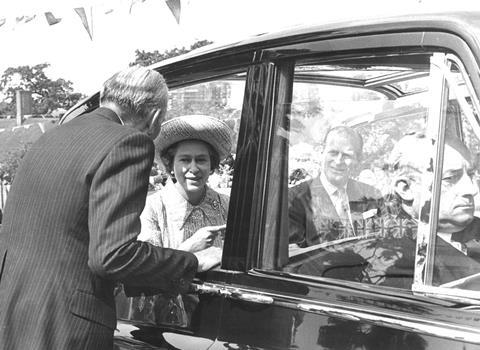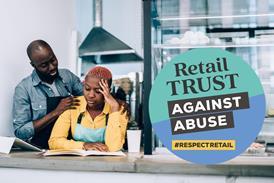
Your emotional response to Her Majesty the late Queen’s passing could take you by surprise. The loss we feel is real and here’s why it’s OK to grieve someone you didn’t personally know and why it’s important to acknowledge your feelings.
When you’ve never met someone, you may question how you can feel so upset over their death, but, says wellbeing training lead, Andrea Woodside, feeling this loss is a very normal response. “If we like and respect a person, even if we’ve never met them, we can still form a deep, personal and very real attachment,” says Andrea. “Mourning the death of someone we’ve admired and has been a part of our lives for so long, is just as important as mourning any other death. Whatever your relationship with the person who has died, it’s important that you acknowledge your feelings and get support.”
Also, explains Andrea, “when a public figure dies, our reactions can often become compounded with the knowledge that we’re surrounded by a lot of people – or a whole nation – who are going through the same thing at the same time. This is known as collective grief.”
Understanding collective grief
Collective grief is a shared sense of loss. When Princess Diana died in 1997, many people around the world shared a deep sense of shock and loss. For some, her death brought up feelings from previous losses that they hadn’t fully processed, whilst for others, her death was a reminder of just how fragile life can be. There is something very healing about human beings mourning together.
Although most of us won’t have had a personal relationship with someone in the public spotlight, it can feel as if we do. Social media and access to 24/7 news means that we have unprecedented insight into the private lives of famous people. We may even follow a celebrity to such an extent that we’re aware of every little happening in their life, so when they are no longer here, we can feel bereft.
The impact of the loss of a public figure
With the advent of better healthcare during the last century, and certainly, over the last few decades, it’s not uncommon for us to reach middle age before the death of someone close to us such as a parent or grandparent. Therefore, it may well be that our first encounter with grief is when someone in the public eye dies.
However, it’s important to recognise that the feelings brought up by the death of someone who is collectively, but not personally, known may also be tied to other types of grief, says Andrea. “The death of a public figure may trigger feelings we’ve experienced in the past,” she explains. “Such as relationship breakdown, family estrangement, or redundancy, bringing those feelings back into focus. When a public figure dies, it might also be an especially difficult time for anyone who’s had a recent, significant loss in their personal lives.”
How to access support
Although social media can be a hotbed of conflicting views, it can also be a comfort during times of collective difficulty. It may be helpful to be reminded that you’re not on your own and that your reaction to the loss of a well-known person is perfectly normal. If others in your life have been affected by the loss of someone in the spotlight, be a listening ear and withhold judgement. Asking why they are grieving if they didn’t personally know the person isn’t likely to help.
Collective grief can bring people together, but critically, can help us as individuals to explore past losses and address our feelings around them. if you’re struggling, you may benefit from speaking to a Retail Trust counsellor in confidence.















Was this article helpful?